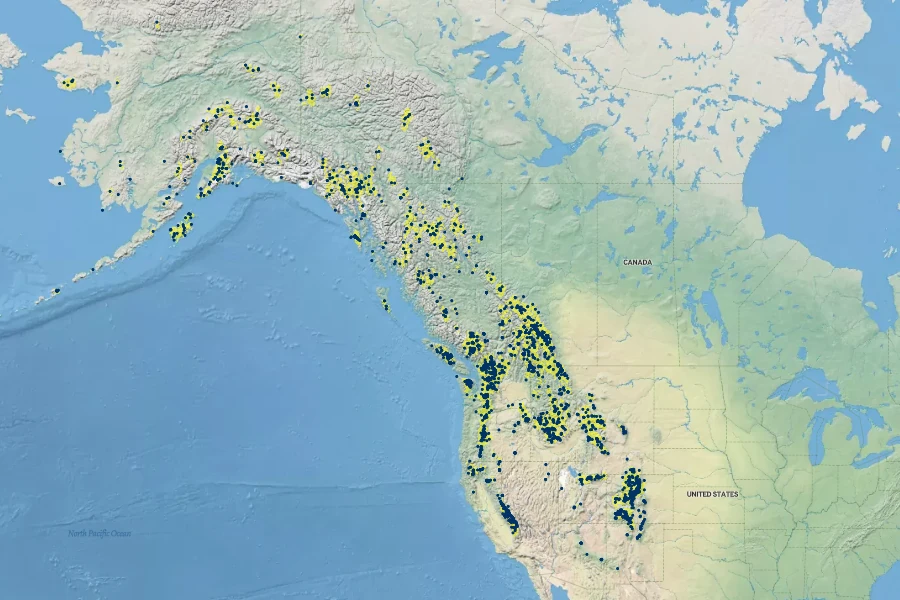American Alpine Speedwell
/
(Veronica wormskjoldii)
American Alpine Speedwell (Veronica wormskjoldii)
/

Derek
CC BY 4.0
Image By:
Derek
Recorded By:
Copyright:
CC BY 4.0
Copyright Notice:
Photo by: Derek | License Type: CC BY 4.0 | License URL: http://creativecommons.org/licenses/by/4.0/ | Rights Holder: Derek | Publisher: iNaturalist | Date Created: 2023-07-19T19:03:45Z |





















Summary
Veronica wormskjoldii, commonly known as American Alpine Speedwell, is a perennial herb that is native to alpine and subalpine meadows, moist tundra, and streambanks in northern and western North America, extending from the western United States through northern Canada and reaching as far as Greenland. It typically grows 10-16 inches tall and features long-haired stems. The plant produces vivid blue to violet flowers, which are small but numerous, creating a noticeable display when in bloom during the summer months. The foliage is lance-shaped and often has a fine layer of hair, adding to its textured appearance.
American Alpine Speedwell is valued for its ability to thrive in cool, moist conditions, making it suitable for rock gardens and alpine collections. It is relatively low-maintenance, requiring moist, well-drained soils and partial to full sun exposure. While it is not commonly used in large-scale landscaping, it can be an attractive addition to specialized garden settings. Gardeners should be aware that it may require protection from excessive heat and drying winds. Veronica wormskjoldii is not known for significant disease or pest issues, but it can suffer from root rot if the soil is not well-drained. It is named after Danish botanist Morten Wormskjold and plays a role in supporting pollinators in its native alpine ecosystems.CC BY-SA 4.0
American Alpine Speedwell is valued for its ability to thrive in cool, moist conditions, making it suitable for rock gardens and alpine collections. It is relatively low-maintenance, requiring moist, well-drained soils and partial to full sun exposure. While it is not commonly used in large-scale landscaping, it can be an attractive addition to specialized garden settings. Gardeners should be aware that it may require protection from excessive heat and drying winds. Veronica wormskjoldii is not known for significant disease or pest issues, but it can suffer from root rot if the soil is not well-drained. It is named after Danish botanist Morten Wormskjold and plays a role in supporting pollinators in its native alpine ecosystems.CC BY-SA 4.0
Plant Description
- Plant Type: Herb
- Height: 0.5-1 feet
- Width: 0.5-1 feet
- Growth Rate: Moderate
- Flower Color: Blue, Purple
- Flowering Season: Summer
- Leaf Retention: Deciduous
Growth Requirements
- Sun: Full Sun, Part Shade
- Drainage: Medium, Slow
Common Uses
Low Maintenance
Natural Habitat
Native to alpine and subalpine meadows, moist tundra, and streambanks
Other Names
Common Names: Alpine Speedwell, Wormskjold’s Alpine Speedwell
Scientific Names: Veronica wormskjoldii
GBIF Accepted Name: Veronica wormskjoldii
